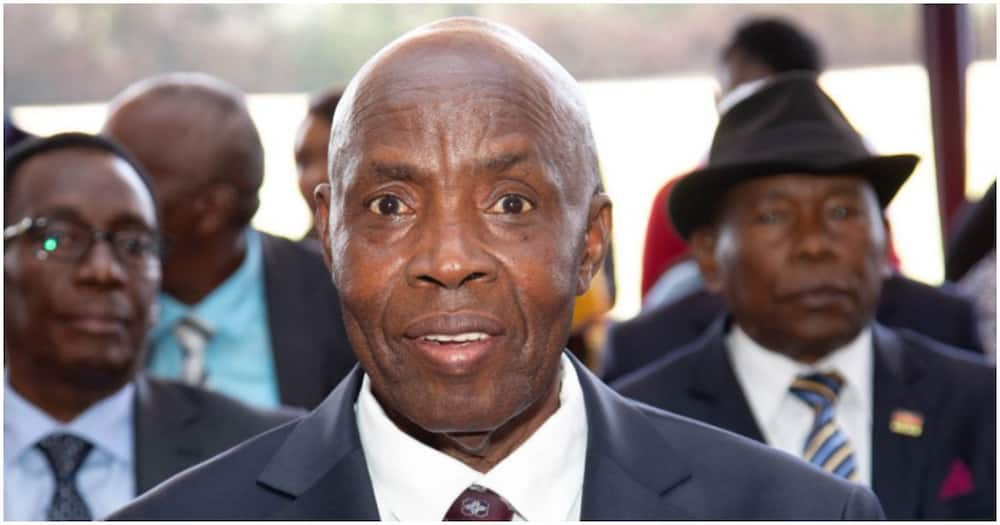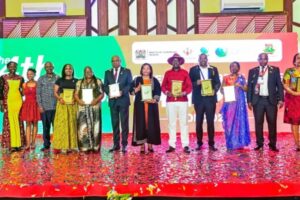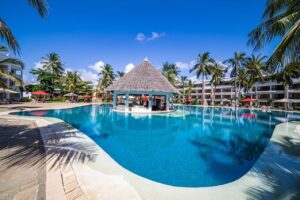Learners joining Junior Secondary school under the new Competency Based Curriculum (CBC) in January will pursue 14 subjects with 12 being compulsory. The Kenya Institute of Curriculum Development’s (KICD) design for Grade 7 shows that learners will take 45 lessons a week with each lesson lasting 40 minutes.
The subjects include English, Kiswahili, mathematics, integrated science, health education, pre-technical and pre-career, social studies, religious education, business studies, agriculture, life skills education, physical education/sports, foreign languages (German, French and Mandarin). Indigenous language will also be introduced as an optional subject alongside performing/visual arts and computer science.
English, mathematics and social studies have been allocated the highest number of hours as learners will take five lessons each week.
The new curriculum is introducing pre-technical and pre-career studies as a subject designed to prepare learners for technical and engineering careers.
“This will equip the learner with foundational knowledge, that is a prerequisite to specialize in subjects such as metalwork, woodwork, electricity, aviation technology, building construction, power mechanics, leatherwork, culinary arts, hairdressing and beauty therapy, marine and fisheries, manufacturing and media technology at senior school,” curriculum design reads in part.
Integrated Science (Biology, Chemistry, Physics) and Kiswahili will be taught four times a week while Social Studies, Business and agriculture have been allocated three lessons a week.
KICD boss Charles Ongond’o said the curriculum designs for Grade 7 will reach schools by January 23 to give JSS teachers enough time to familiarize themselves with the new guides and designs.
He said the JSS curriculum is cognitive of the changes on how learners are taught and the outcome of what they learn. There will be more practical lessons for subjects that require demonstration.
“For example in Mathematics, if its measurements learners will be engaged to stop thinking about measurements in theory but to get into an outside class where they can measure actual things,” said Ongond’o.
But the KICD boss said the biggest change is expected in how teaching and learning are done in Science and technology which will introduce learners to elements of Biology, Chemistry and Physics.
“We are discussing how as a government we can bring science kits to primary schools to take care of the junior secondary component,” he said.
Junior Secondary which is the hallmark of middle school will offer a broad opportunity for learners to explore talents, interests and abilities before settling on pathways in the Senior Secondary education level.



















